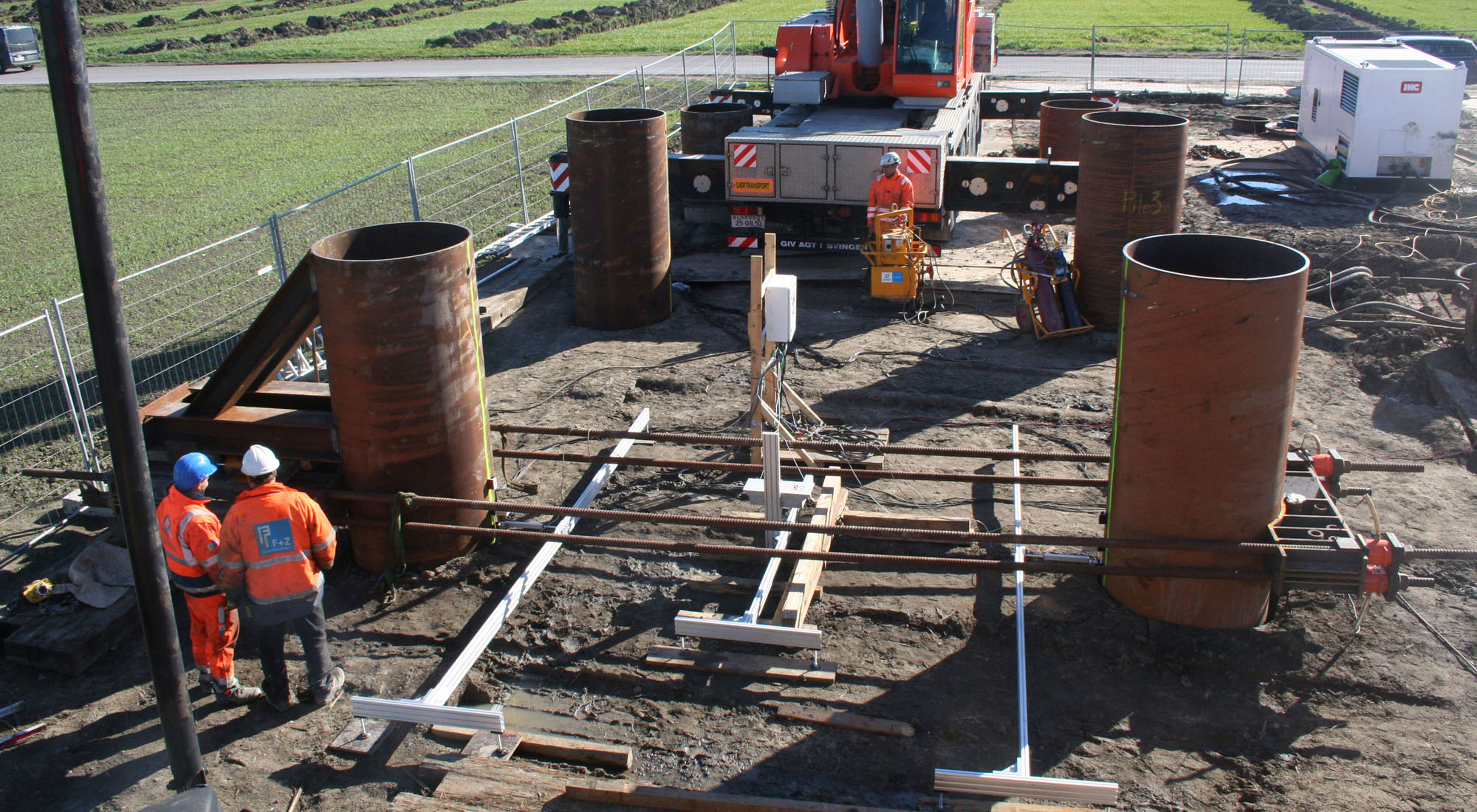- NGI /
- Projects /
- Reliability of Axial Pile Capacity Calculation Methods /
- WP1 - Unified web database
WP1 - Unified web database
Establishing a unified web database of reliable pile load tests. Before the execution of the JIP project, each of the different axial pile capacity design methods relied on their own databases and own interpretations of the site fata and pile load tests.

This work package achieved a consensus on high-quality pile load tests and provided the basis for calculating the method uncertainty for the various axial pile capacity calculation methods.
WP1 included the following steps:
- Compilation of UWA's databases for pile load tests in clays and pile load tests in sand, comparisons with other databases, including the API database, the Imperial College database, the NGI databases and the Fugro database.
- Review of the unified database by a Team of Experts and agreement on which tests to include in the unified database, including an evaluation of the existing interpretations and doing an improved interpretation where appropriate.
- Acquire as much new data for pile load tests of high quality as possible.
- Establish, together with the Team of Experts, the essential quality criteria for deciding which pile load tests to include in the "unified" consensus database.
- Study of the method uncertainty quantifying parameter and its statistical representation.
- Calculation of method uncertainty (mean, standard deviation and probability density function) for each of the design methods (API and four CPT-based methods) using the pile load tests in the unified database only.
- Discussion of results with Team of Experts and final conclusions on database of pile load test and method uncertainty.
- Implementation of the unified database of reliable pile load tests on a website and appointment of a custodian for the database.
The Team of Expert consisted of one representative for each of the four CPT-based design methods (ICP, UWA, NGI and Fugro):
- Professor Richard Jardine from Imperial College
- Professor Barry Lehane from UWA
- Mr Bas van Dijk from Fugro
- Mr Pasquale Carotenuto from NGI.
A representative from some of the sponsors also joined the expert group in an advisory capacity. There was no expert designated specifically for the API method, asthe API method has not changed in many years and there was wide experience within the expert group with its application and attendants to all meetings in the WP1.
WP1 was carried out under the supervision of Professor Barry Lehane, University of Western Australia (UWA), Perth, in cooperation with NGI.